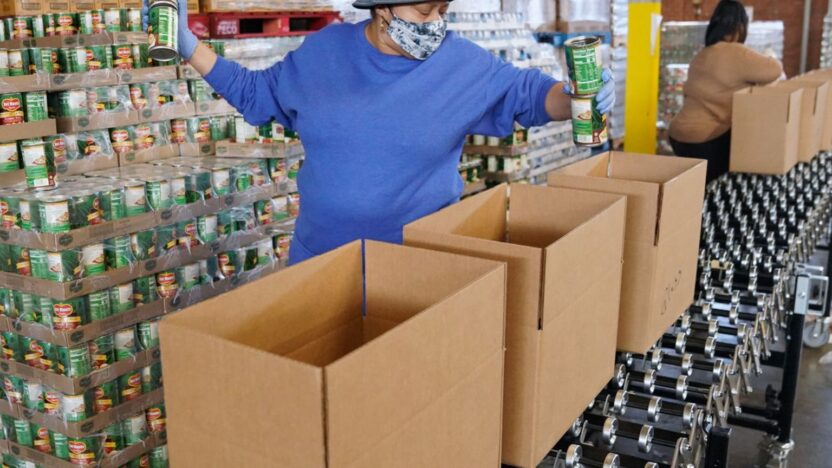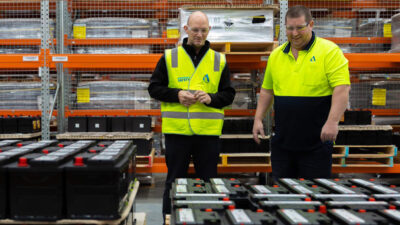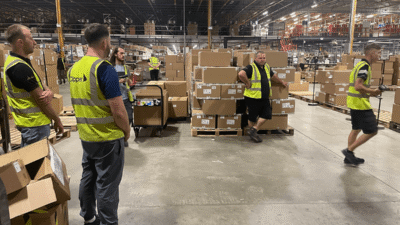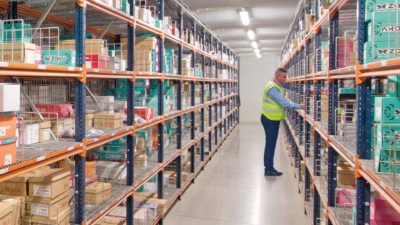In food distribution operations, order errors rarely appear all at once. They creep in quietly.
One missed item here. A wrong substitute there. A delivery note that doesn’t quite match what was ordered. At first, these feel like one-offs — normal friction in a busy operation. But as SKU counts grow, those “small issues” start happening more often, across more customers, and with higher downstream cost.
Most teams assume the cause is volume. More products, more orders, more chances for mistakes.
That assumption is usually wrong.
The real issue is not scale itself. It’s how complexity compounds inside order management and catalogue management as organisations grow — often without anyone explicitly redesigning the system to handle it.
Why This Problem Emerges as Organisations Scale
Early-stage food distribution operations work because people carry a lot of context in their heads.
Sales knows which SKUs are interchangeable. Ops knows which products cause picking issues. Accounts knows which customers need special handling. The system works because humans are compensating for gaps.
As SKU counts increase, that tacit knowledge stops scaling. But the workflows often stay the same.
Instead of a system designed for complexity, you end up with a patchwork of workarounds. Order errors increase not because teams are careless, but because the operational model hasn’t changed to match the new level of complexity.
This pattern shows up across food distribution operations, B2B procurement teams, and wholesalers at roughly the same stage of growth.
Where Order Errors Actually Come From
Below are the most common failure points that drive error rates up as catalogues expand.
1. Catalogue Sprawl Without Clear Ownership
When SKU counts grow, catalogues tend to expand faster than governance.
Products are added for:
- One customer’s special request
- A short-term supplier opportunity
- A seasonal promotion that never quite gets cleaned up
Over time, the catalogue becomes bloated and inconsistent. Similar items are listed multiple ways. Pack sizes are unclear. Naming conventions drift.
This directly impacts order management. Pickers see multiple SKUs that look interchangeable but aren’t. Sales reps select the wrong variant. Customers order products they didn’t intend to.
The issue isn’t the number of SKUs. It’s the lack of a clear system for catalogue management as complexity increases.
2. Human Memory Becomes a Hidden Dependency
In many food distribution businesses, order accuracy relies heavily on experienced staff “knowing how things really work.”
They know:
- Which SKUs are frequently substituted
- Which suppliers deliver inconsistently
- Which customers expect exceptions
As long as those people are involved in every order, errors stay manageable.
But as operations scale, more orders move through more hands. New staff don’t have the same mental map. The system assumes knowledge that no longer exists consistently.
This is where operational efficiency quietly degrades. The business hasn’t become worse — it has simply outgrown its reliance on informal knowledge.
3. Order Management Systems Lag Behind Reality
Many teams use order management tools that were “good enough” at lower SKU counts.
These systems often struggle with:
- Complex pack sizes and unit conversions
- Supplier-specific availability
- Conditional substitutions
- Customer-specific catalogues
When the system can’t represent reality cleanly, humans step in. They override, adjust, double-check, and manually correct.
Every manual step introduces risk. Not because people are sloppy, but because manual work doesn’t scale cleanly under time pressure.
As B2B procurement environments grow more complex, this gap between system logic and operational reality becomes a primary driver of errors.
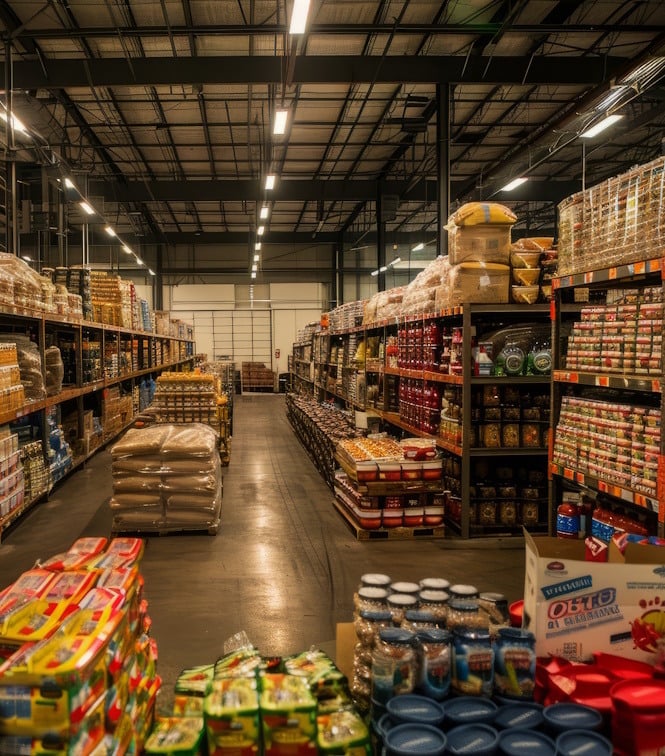
4. Exceptions Become the Norm
At small scale, exceptions feel manageable.
A custom price here. A unique pack size there. A standing agreement with a key customer.
As SKU counts grow, these exceptions multiply. Eventually, the “standard process” applies to fewer and fewer orders.
This creates two problems:
- Staff can’t rely on default rules
- Systems can’t enforce consistency
Order errors rise because the operation no longer has a clear baseline. Every order becomes a special case, even if it doesn’t look like one on the surface.
This is a common inflection point in scaling operations — and one that’s easy to miss because the business still appears to be functioning.
5. Feedback Loops Are Too Slow
When SKU complexity increases, the cost of a small error increases too.
But many food distribution operations don’t have tight feedback loops. Errors are discovered:
- After delivery
- After invoicing
- After customer complaints
By the time the issue surfaces, the root cause is buried several steps upstream.
Without fast feedback, teams fix symptoms instead of systems. The same issues repeat, just in slightly different forms.
This is less about individual performance and more about how operational signals flow — or fail to flow — through the organisation.
A Simple Mental Model: Complexity vs. Control
A useful way to think about this problem is to separate complexity from control.
- Complexity increases naturally as SKU counts grow
- Control only increases if systems and workflows are intentionally redesigned
Order errors spike when complexity grows faster than control.
This shows up when:
- Catalogues expand without structure
- Order management tools lag behind operational reality
- Humans compensate instead of systems
- Exceptions outnumber standard cases
The solution is rarely “try harder” or “be more careful.” It’s usually about rebalancing complexity and control.
Practical Questions for an Internal Review
If order errors are increasing alongside SKU growth, these questions often surface the real issue quickly:
- Who owns catalogue management, end to end?
- How many SKUs exist primarily because “we’ve always done it that way”?
- Where does the system fail to reflect how orders actually flow?
- Which steps rely on individual knowledge rather than shared rules?
- How quickly do errors get traced back to their source?
These are not technology questions first. They are operational clarity questions.
Once teams see where complexity is unmanaged, the path forward becomes much clearer.
Order errors don’t increase because teams lose discipline as they scale. They increase because informal systems stop working under higher complexity.
Recognising this early gives operations leaders a chance to redesign workflows before friction becomes institutionalised.
This is often most valuable as an internal discussion tool as order volume and complexity increase.


